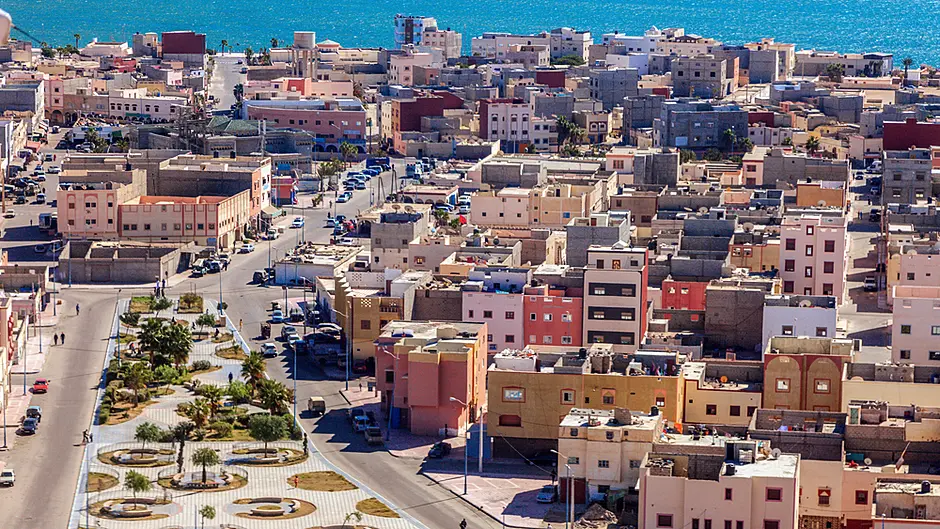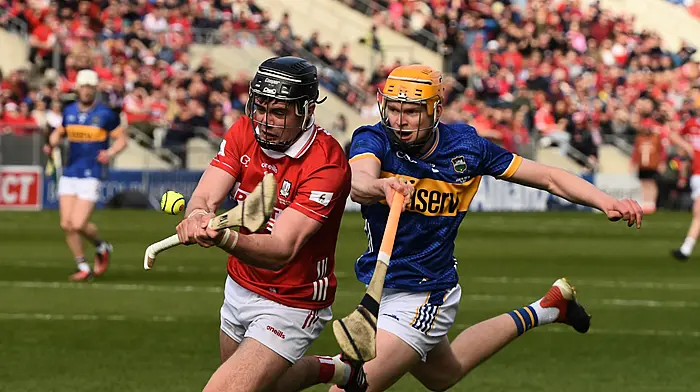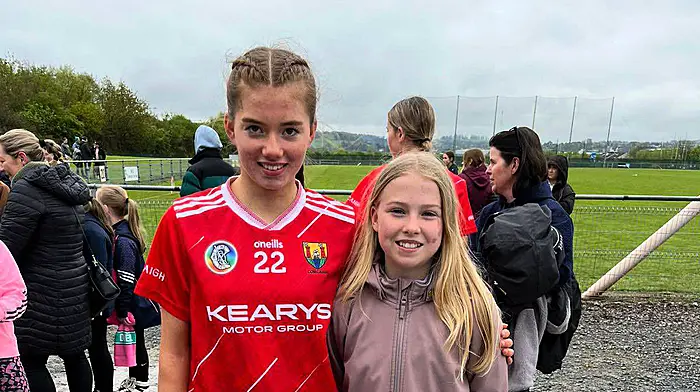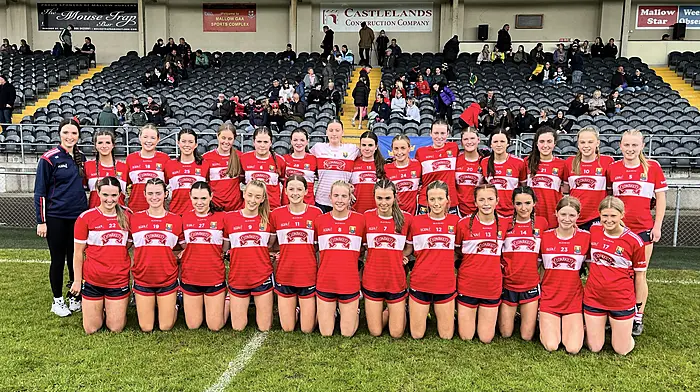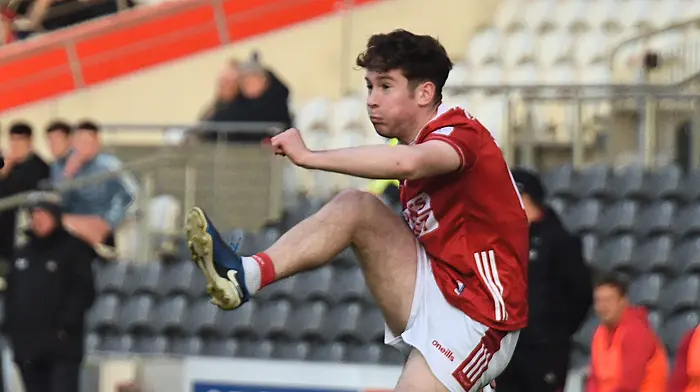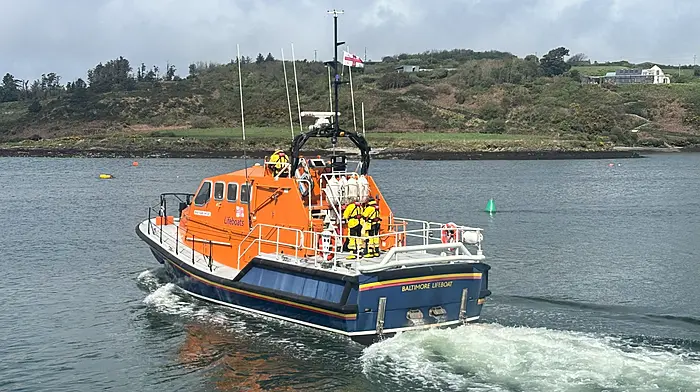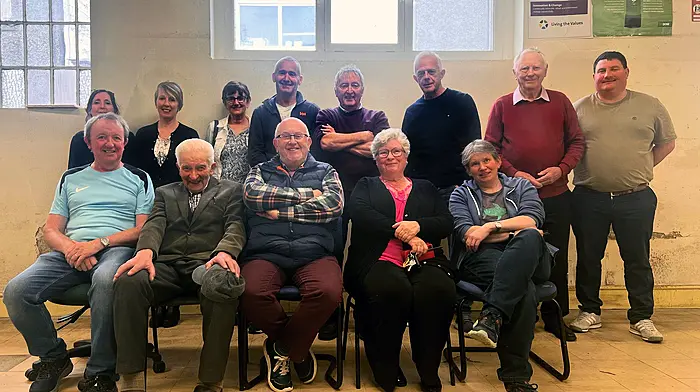The plight of the indigenous people of Western Sahara remains the last unresolved colonial conflict in Africa. Retired garda and Skibbereen native Facthna O’Donovan tells Peadar King about his time there with the UN.
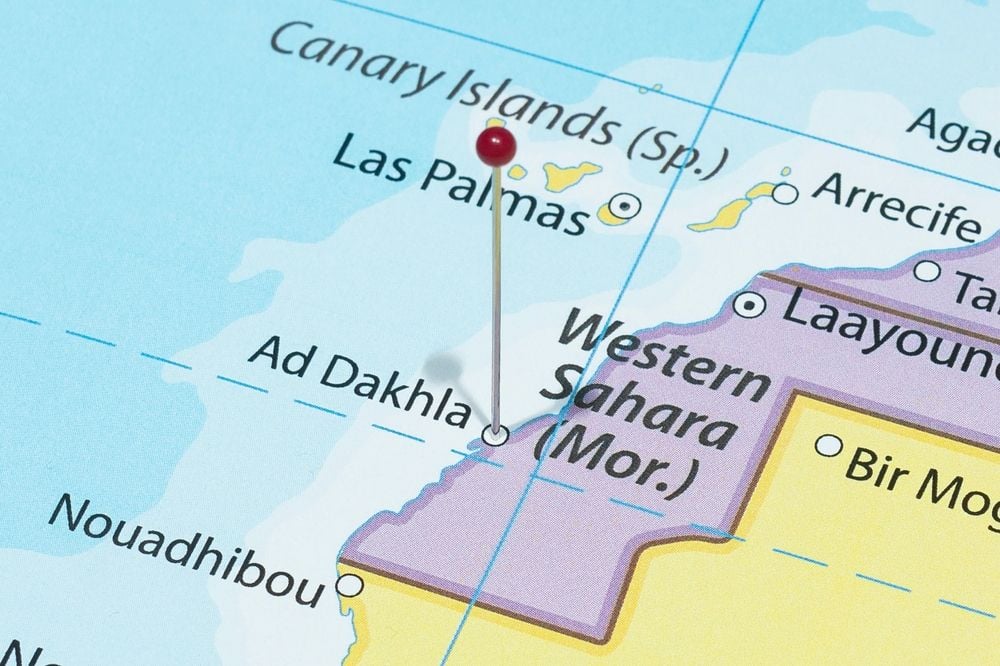
BY his own admission, retired Garda Sergeant Fachtna O’Donovan is no linguist. Yet when prevailed upon, he can still summon up, not just Arabic words, but phrases – almost 30 years after having served as a member of An Garda Síochána with the United Nations Mission For the Referendum in Western Sahara (MINUSCO).
Located on the north western shoulder of the African continent, Western Sahara squeezed between Morocco and Mauritania would seem, at first glance, to have been worlds apart from Lisheen outside Skibbereen, where Fachtna grew up – one of 11 children.
But maybe not?
Western Sahara is a planted, colonised country. Perhaps instinctively, if not subliminally, when the opportunity came to serve in a contested location, at the age of 34, Fachtna agreed to put his name forward. Initially, Cyprus was that contested site, but when the call came to serve in Western Sahara, like most people of his generation, and since then, Fachtna had to check his atlas.
Western Sahara was colonised, first by Spain in 1884 and then in 1975 by neighbouring Mauritania and Morocco. Tens of thousands of Sahrawi fled to refugee camps in neighbouring Algeria, now one of the world’s forgotten people. Exiled from their land, for the past 50 years they have been forced to eke out an existence in soaring summer temperatures of up to 50C, in one of the hottest parts of the world, in what is known as the desert within the (Sahara) desert.
In 1979, Mauritania admitted the wrongfulness of its occupation of Western Sahara but not Morocco, which is now the Western Sahara’s sole occupier, an occupation that has been deemed illegal by the United Nations and the International Court of Justice and one that the Sahrawi vehemently oppose.
Following several failed peace negotiations, in 1991, along with the Organisation for African Union (OAU), the United Nations resolved to hold a referendum to decide the fate of Western Sahara. A border poll, if you wish. The choice being remain part of Morocco or full independence for Western Sahara.
 Fachtna, far left, in a Saharawi refugee camp with a Lebanese UN worker and a Togolese policeman, in 1996.
Fachtna, far left, in a Saharawi refugee camp with a Lebanese UN worker and a Togolese policeman, in 1996.
Four years later, on May 28th 1995, a contingent of 13 gardaí were seen off at Dublin Airport by then Justice Minister Nora Owen, Fachtna included, to work alongside police from about a dozen different countries including Germany, Austria, Uruguay, Kenya and Egypt colleagues to oversee the referendum. Prior to their departure they were advised to make their wills as it was regarded as a middle-to-high risk mission.
Sitting over generous plates of salad, homemade brown bread, cups of tea and apple tart at his home in Castletownbere, Fachtna and I pore over his rich archive of photographs and documents from that period. After all of these years, his recall of places to which he was posted is remarkable. Laayoune, Dakhla and Nouadhibou in Mauritania. And the Tindouf refugee camp in southern Algeria where, according to the latest figures from the United Nations, 173,600 Sahrawi now live out their lives in quiet desperation. Places that marked his nine-year posting.
We talk too of ‘the Berm’ the 2,700km-long sand wall, built by the Moroccans to keep the Sahrawi refugees from returning to their homeland, and the longest continuous wall on the planet (the great wall of China is longer – at 21,196km – but is not a continuous wall), land mined by the Moroccans and still one of the most densely land-mined areas in the world. He trod carefully there.
Studiously neutral during his posting, as is appropriate to his role, but now in retirement, it is clear that Fachtna’s sympathies lie with the Sahrawi people. ‘There was something about them. I felt very comfortable with them, and I felt for them.’
 Fachtna O Donovan (third from right) escorting Minurso Mission chairman Eric Jensen, centre, to Tindouf, Southern Algeria for talks with the Saharawi Polisario movement.
Fachtna O Donovan (third from right) escorting Minurso Mission chairman Eric Jensen, centre, to Tindouf, Southern Algeria for talks with the Saharawi Polisario movement.
The referendum never happened. Fearful of a result they could not control, Morocco blocked it from ever taking place. A situation that remains to this day.
The story of the plight of the Sahrawi people, the indigenous people of Western Sahara, remains the last unresolved colonial conflict in Africa.
As is often the way, with conversations like this, talk can take unexpected turns. In our case to Kilmichael and the Irish struggle for Independence to which Fachtna has a direct familial connection. From Bantry, his granduncle John D O’Sullivan fought alongside Tom Barry at Kilmichael.
We talk of the terrible toll independent struggles against the forces of imperialism take on the oppressed and displaced of the world and on those sent out to fight for the forces of imperialism.
Perhaps the world of the Sahrawi, the indigenous people of Western Sahara is not, after all, worlds apart from West Cork?

